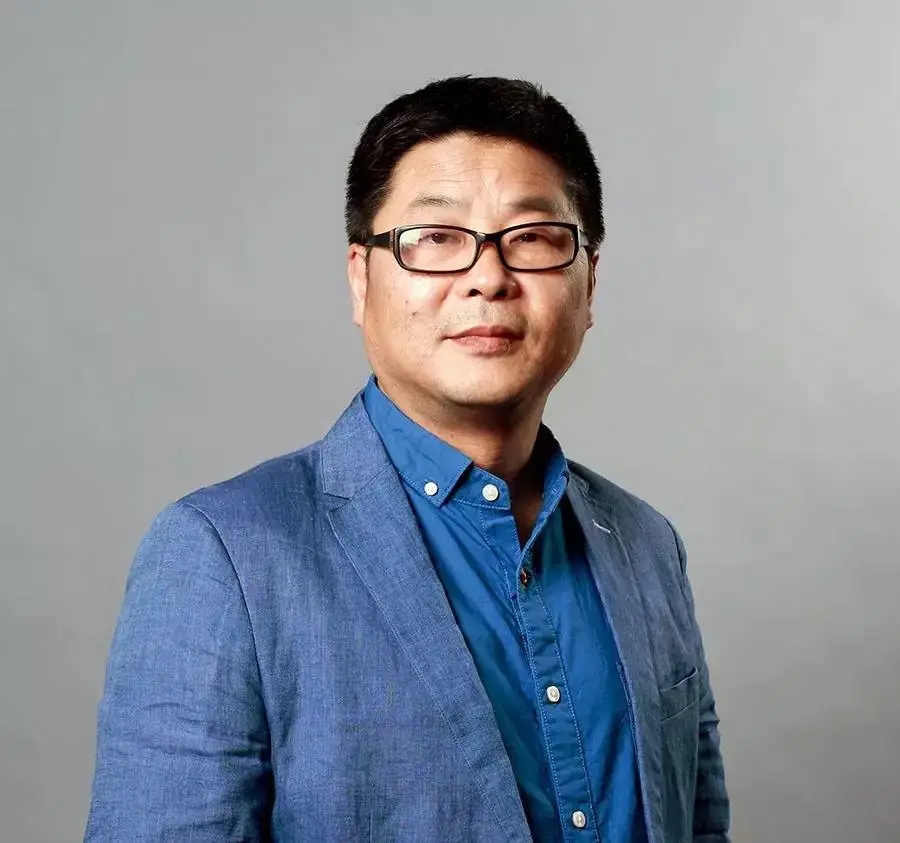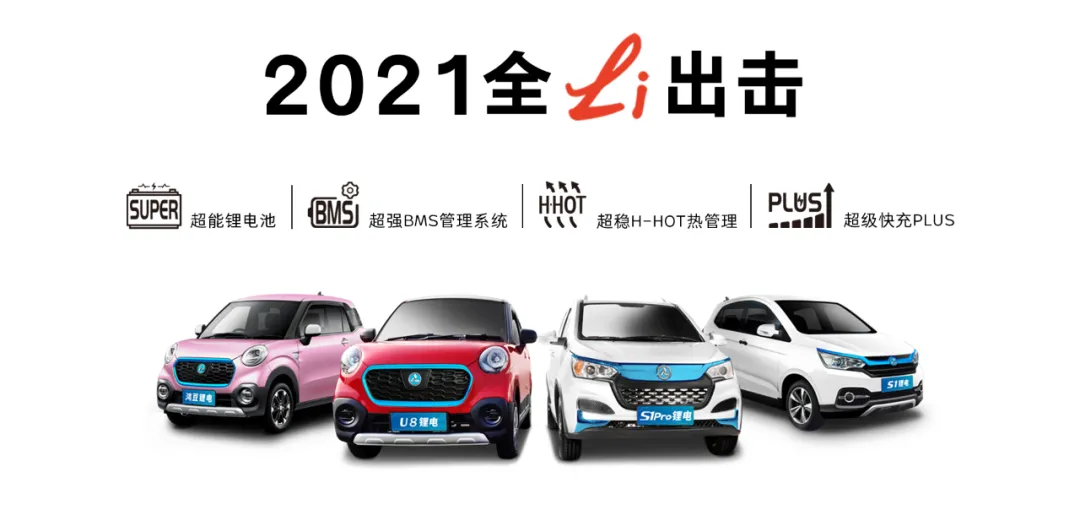A Translation of the Markdown Text
Author: Qiu Kaijun
Liu Xinwen has returned to the electric vehicle field before his curtain call.
On August 11th, “Electric Vehicle Observer” confirmed with Hongri Auto and Liu Xinwen that Liu has officially joined Hongri Auto as the general manager. He is fully responsible for Hongri Auto’s R&D, production, and marketing business.

Liu Xinwen is a veteran in the automotive industry, especially noteworthy is that he is one of the leaders who first produced and sold electric vehicles in batches. During his tenure as the general manager of Chery New Energy, he developed QQ3EV, Chery eQ, and other models, which were hot sellers. In 2015, Liu Xinwen became the director and general manager of Yundu New Energy Vehicles where he created two products, π1 and π3, and set the fastest record for quantity production of new pure electric passenger car enterprises. At the end of 2019, he left Yundu due to health reasons.
This time, as the general manager of Hongri Auto, a newly emerging leader in the microelectric vehicle industry, Liu Xinwen continues to focus on the national and economical market orientation. It also represents the expectations of Hongri Auto to upgrade to a micro low-speed pure electric passenger car enterprise, and even a pure electric passenger car enterprise.
What does Liu Xinwen think? Why did he choose Hongri Auto? “Electric Vehicle Observer” conducted a telephone interview with Liu Xinwen on August 11th, attempting to find the answers to these questions.
Why Micro Electric Vehicles?
From Liu Xinwen’s experience, it can be seen that he has always been rooted in the people and focused on the national automotive market.
Liu Xinwen told “Electric Vehicle Observer” that he was inspired by the Hong Guang Mini EV, which made him focus more on the microelectric vehicle field.
“When the Hong Guang Mini EV was not yet on the market, my friend and I discussed it. At that time, I said that it was quite possible for this car to sell 40-50 thousand units per month, which is now the case.” Liu Xinwen said. After leaving Yundu, he planned to establish a small company, mainly focused on research and development, and developing it via an OEM mode. The planned model was a microelectric vehicle, but unlike the Hong Guang Mini EV, it is an entry-level small SUV.
Unfortunately, when Liu Xinwen was raising funds for this project, there were a few new car projects that collapsed. “Especially after the things that happened in Rugao came out, when the local government heard about making new energy cars, they shook their heads like a rattle drum, and were reluctant to invest. Later, I gave up.” Liu Xinwen said.
However, the microelectric vehicle track and the small SUV he planned to develop are both promising.
Why Hongri Auto?
Liu Xinwen admitted that he didn’t know much about Hongri Auto before. Only after he came into contact with it, did he realize that Hongri Auto is very good, and the track is quite close to the Hong Guang Mini EV racecourse.
He listed a series of reasons for joining Hongri Auto:Firstly, Hongri has relatively good microelectronic products and has a certain scale.
Secondly, the track of mini-cars is not too crowded yet.
Thirdly, Hongri is currently one of the leading companies in the microelectric field.
Fourthly, when Hongri’s Chairman Zhang Jianjun invited Liu Xinwen to join the company, the two sides had a good conversation. Liu Xinwen thought that Zhang Jianjun’s thinking was ahead of its time and had a clear grasp of the positioning of the car models. In addition, he conducted a “background check” and found that Zhang Jianjun himself and Hongri had high credibility, and never owed wages or debts to suppliers, which is “very valuable”.
Fifthly, Hongri has a great advantage in channels, with more than 3,000 channels. For the car industry, “I never dared to think about it before”.
Liu Xinwen’s core summary of Hongri is: from R&D to production to sales, the core value chain is connected.
He gave an example that Hongri’s factory equipment is relatively good in the microelectronic industry. The four major processes are complete and there is a certain level of automation.

Previously, many automotive executives went to work in microelectronic companies, but most of them couldn’t adapt. Liu Xinwen said that conflicts in ideology are the same for anyone, it just depends on how to converge and adapt.
Regarding the basic principles of the automotive industry, Liu Xinwen said that they definitely cannot be abandoned. Otherwise, it would truly be a decline. What needs to be upheld should be upheld.
What can be done?
“You can’t say that Hongri is very strong, especially when it comes to new national standards or the entry-level market for high-speed cars, it still needs to be strengthened,” Liu Xinwen said.
He believes that Hongri currently lacks the system capability to support new national standard models and pure electric passenger car models. “This is where my experience is and I have some insights. I believe I can help General Manager Zhang with this.”
Currently, the microelectronic industry is undergoing transformation and upgrading with two directions. One is that the “Technical Conditions for Pure Electric Passenger Cars” national standard is being revised, and a new category of micro low-speed pure electric passenger cars (i.e. new national standard models) will be added, which are smaller and have lower endurance than passenger cars, but still follow basic automotive management. The second direction is to directly seek production qualifications for pure electric passenger cars, buses, and other models.
Currently, Hongri is actively seeking passenger car production qualifications and plans to launch pure electric passenger cars next year. Hongri’s micro low-speed pure electric passenger car products that comply with the new national standard will also be launched soon.
“From this situation, they are prepared in terms of products. It’s just the capability and the system, that Hongri still needs to strengthen,” Liu Xinwen said.
He is optimistic about Hongri’s future: “If they can do it, Hongri can become the leading company or even the hegemon in the mini-car industry, because this track is great and the market potential is huge.”## Liu Xinwen’s view on the Chinese auto industry
Liu Xinwen believes that whether it is a new national standard vehicle or a micro pure electric passenger car, companies like Wuling are very competitive, but many top-notch enterprises are reluctant to enter this field. Even if they are willing, it is difficult for them to quickly turn around.
He is optimistic about the new national standard vehicles and believes that once they come out, the volume of sales may be relatively large.
So far, Liu Xinwen has been working for a month. “Strengthening the organization and building a system that meets the needs of corporate transformation and upgrading” is his current job. “Strengthen what is weak and fill the gaps” is his guiding principle.
HongRi Automotive Upgrade
HongRi Automotive was founded in 2014, and its models started mass production and sales in 2017. In recent years, it has developed rapidly.
Image unit: ten thousand vehicles; Data source: HongRi Automotive
Looking to the future, HongRi Automotive first proposed the “精鸿战略”(Jing Hong Strategy) in September 2020. HongRi Automotive has been firmly implementing the two-step strategy of “towards new” and “towards up”. “Towards new” redefines product categories through new technologies and processes and targets the micro-electric market. “Towards up” advances into the new energy passenger car field, enabling products and brands to enter the more fiercely competitive market.
HongRi Automotive stated that Liu Xinwen’s arrival signifies the further acceleration of the implementation of HongRi’s “towards new + towards up” strategy. In the next step, HongRi will continue to introduce professional talents in the passenger car field, strengthen organizational capability and system construction, and inject strong momentum for HongRi Automotive to develop in the new and upward directions.
Liu Xinwen is 58 years old this year, and he has a calm attitude towards his return to the industry.
“As long as I have enough energy to make achievements in this enterprise, why not do it?” He did not propose grand goals, but only said, “Having worked in the auto industry for so many years, it feels good to be able to continue to play a role at some point.”
Liu Xinwen’s Resume:
Liu Xinwen, male, born in July 1963 in Nanping, Fujian, graduated from Anhui Institute of Technology (now Hefei University of Technology).
Work experience:
Deputy Factory Manager of Nanjing IVECO SOFIM Engine Co., Ltd.;
General Manager of Nanqi Group Xin Yatu Co., Ltd.;
Established Changsha Zotye Automobile Industry Co., Ltd.;
General Manager of Chery New Energy;
Founder, Director, and General Manager of Yundu New Energy.
This article is a translation by ChatGPT of a Chinese report from 42HOW. If you have any questions about it, please email bd@42how.com.